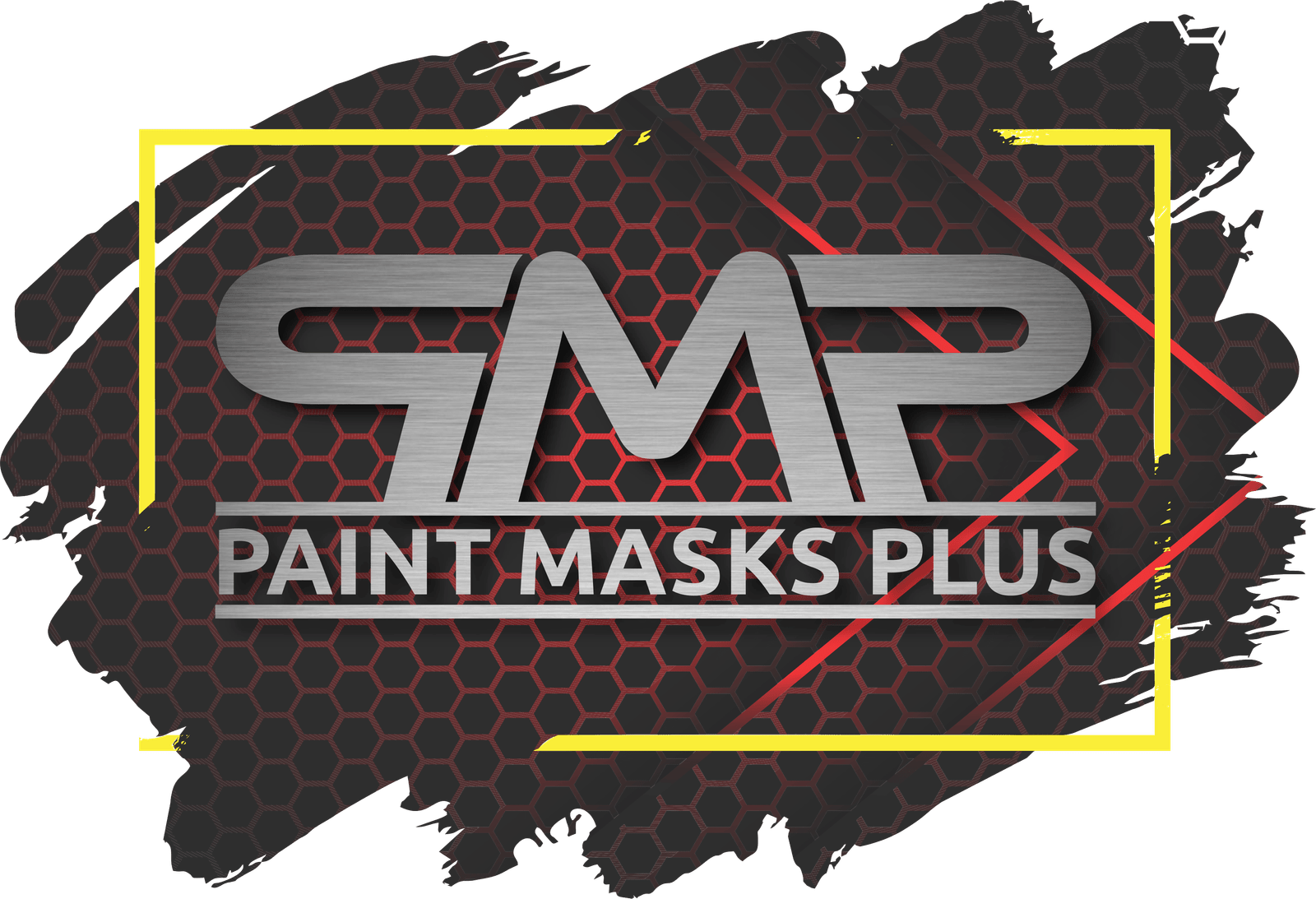Skill Levels
When it comes to painting, skill levels can refer to different stages of expertise and proficiency. While there isn’t a standardized classification system, here is a commonly recognized breakdown of skill levels in painting:
1. Beginner/Novice: This level is for individuals who are new to painting or have limited experience. Beginners often focus on learning basic techniques, such as color mixing, brush control, and composition. They may experiment with different mediums and subject matters while developing their artistic foundations.
If one or more of these descriptions describe you then you are likely a BEGINNER:
• Starting painting for the first time
• Painting off and on for 2 years or less
• 100 or less paintings
• Expect/need guidance at every step during workshop
2. Intermediate: Intermediate painters have acquired a solid understanding of fundamental painting techniques and concepts. They can handle more complex compositions and demonstrate improved control over their chosen medium. At this level, artists often explore different styles, subject matters, and experiment with various approaches to express their creativity.
If one or more of these descriptions describe you then you are likely an INTERMEDIATE painter:
• Painting off and on for at least 2 years or more
• Returning to painting after several years away
• Somewhat comfortable with seeing values and mixing color
• Expect/need guidance at every step during workshop
3. Advanced: Advanced painters have honed their skills through years of practice and study. They possess a deep understanding of color theory, composition, and perspective. They demonstrate mastery in their chosen medium and can create highly detailed and sophisticated artworks. Advanced painters often develop a distinct style and may start exploring personal themes or concepts in their work.
If one or more of these descriptions describe you then you are more of an ADVANCED painter:
• Painting regularly for several years
• Semi-Professional to Professional painter
• Comfortable with your chosen medium
• May still be searching for style and direction of work
• Confident use of proper values
• Mostly comfortable with seeing, mixing, and using color
• Exhibit and sell works in galleries and shows
• Expects both guidance and time to work alone during workshop
4. Expert/Master: At the expert/master level, artists have achieved a high degree of technical mastery and conceptual understanding. They have a well-established personal style and often exhibit their work professionally. Masters may have received recognition, awards, or critical acclaim for their contributions to the art world. They often push the boundaries of their medium, experiment with unconventional techniques, and may even mentor or teach others.
If one or more of these descriptions describe you than you are more than likely a MASTER/EXPERT:
• Painting mostly full-time
• Painting regularly for several years
• Professional (or seeking to become professional)
• Comfortable with choosing mediums, values, colors, designs, paint handling, etc.
• Self-motivated; ready to experiment; thinker
• Expects both guidance and time to work alone during workshop
• Needing a push to reach a more creative place or move past a plateau
It’s important to note that skill levels in painting are not fixed or definitive. They represent a general progression of artistic growth. Individuals can continuously improve and evolve within each level and may become more proficient in one skill over another. Moreover, art is subjective, and different artists may have varying definitions and interpretations of skill levels based on their own experiences and perspectives. The skill levels as defined are to help you make the best decision in purchasing a design to fit your skills.
